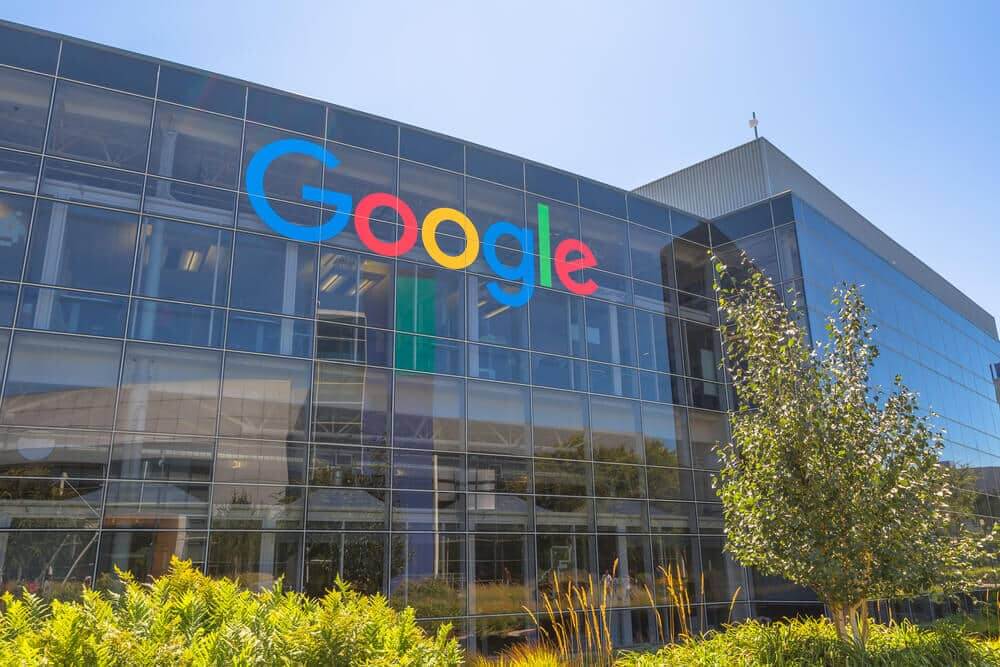
Google Failed to Convince the EU’s General Court
Google is no stranger to scandals and lawsuits, but this time the situation is more complicated. On Wednesday, the European Union’s General Court ruled that the European Commission was right in fining Google for an antitrust breach. The General Court’s decision represents a landmark moment for EU policy which could impact the business models of major tech companies.
The ruling comes after the commission fined the company 2.42 billion euros ($2.8 billion) for breaching rules. The executive arm of the European Union fined Google in 2017. Google was not happy with the European Commission’s decision. The company contested the claims using the EU’s second-highest court.
The General Court also confirmed the fine at 2.42 billion euros. Nevertheless, the General Court’s decision can be appealed and taken to the EU’s highest court.
Google and legal aspects
The EU’s General Court has an interesting approach when it comes to antitrust laws. Some people might not be aware but this is not the first time that the EU’s General Court ruled on a case brought by the European Commission and directed at a tech giant.
In 2020, the General Court ruled against the commission. The court ruled that the European Commission failed to prove that the Irish government gave a tax advantage to Apple. The General Court’s decision marked a significant blow to Margrethe Vestager, the EU’s competition chief, and her team. The court essentially said they didn’t do a good job in proving their case.
Margrethe Vestager decided to challenge the court’s decision, pushing it to the EU’s highest court. So, now it is up to the European Court of Justice to decide the fate of Apple.
The EU’s General Court’s decision also shone a light on one of the main challenges for European competition policy. When it comes to antitrust cases, the European Commission has to bear the brunt of the evidence and not the defendant.
The European Union is working hard to tackle monopoly. It is currently reviewing how to toughen its rulebook to ensure fairer competition across the 27 member nations. The EU is working on the Digital Markets Act (DMA). The purpose of the DMA is to tackle any behavior that closes off European markets. The Digital Market Act could lead to changes in parts of the business models of Google and other tech giants.
Apart from the DMA, legislators are also looking at restricting target advertising to bring more privacy to users. This could affect tech companies as well.
-
Support
-
Platform
-
Spread
-
Trading Instrument




